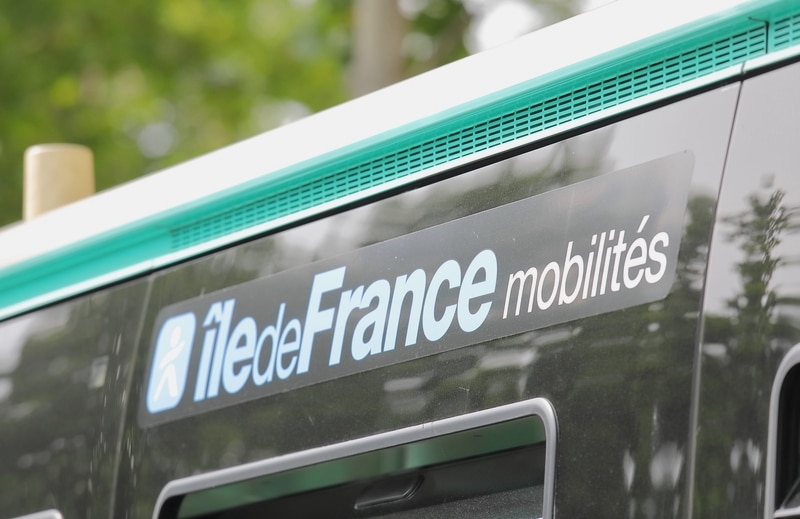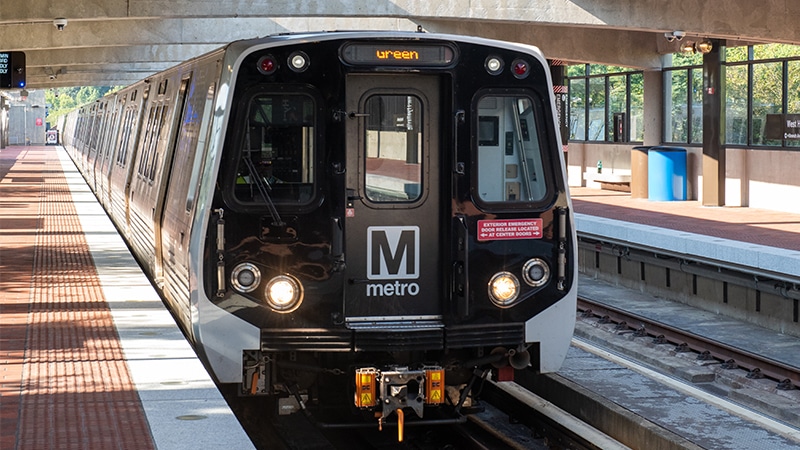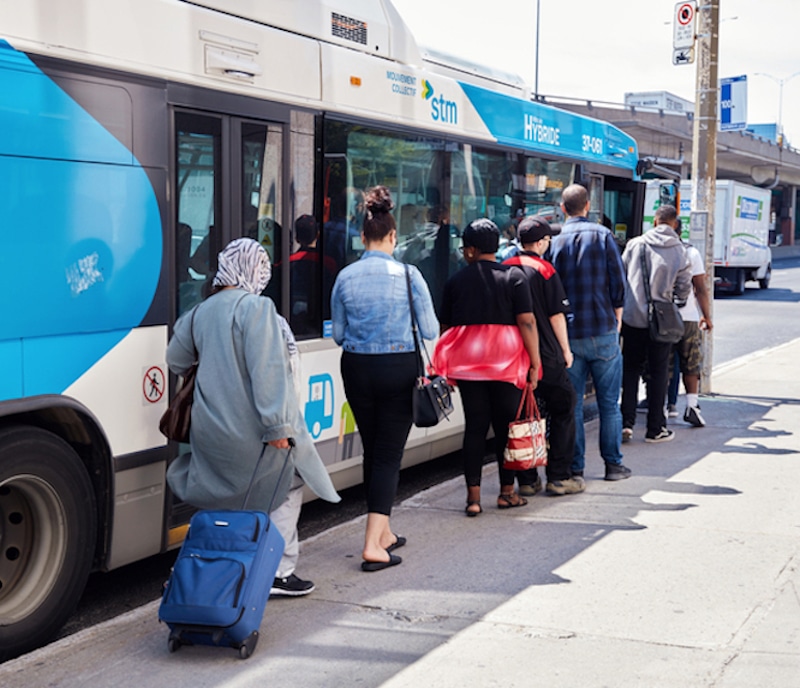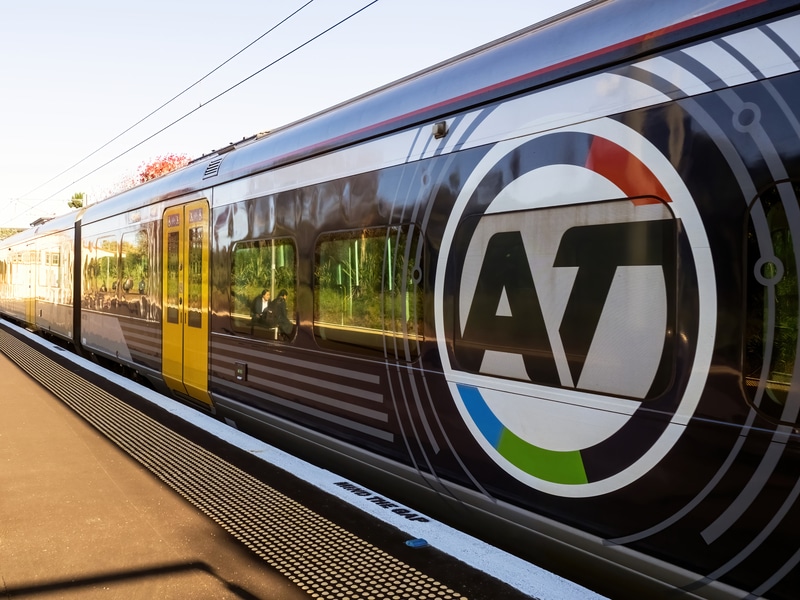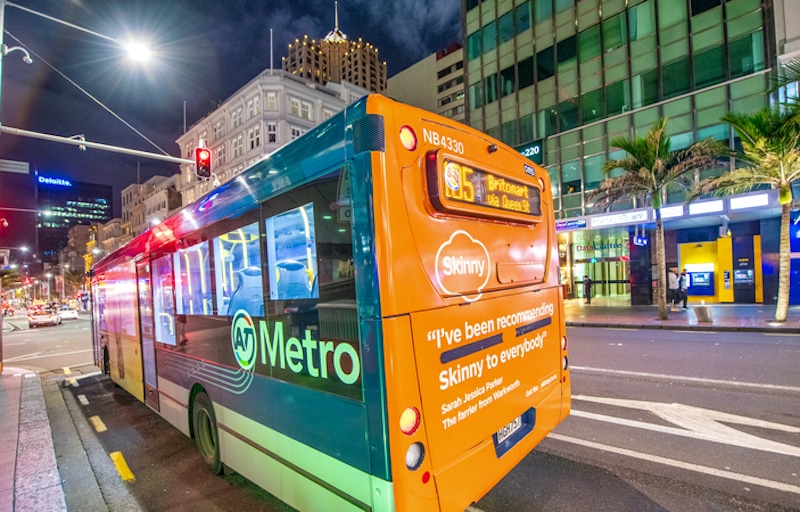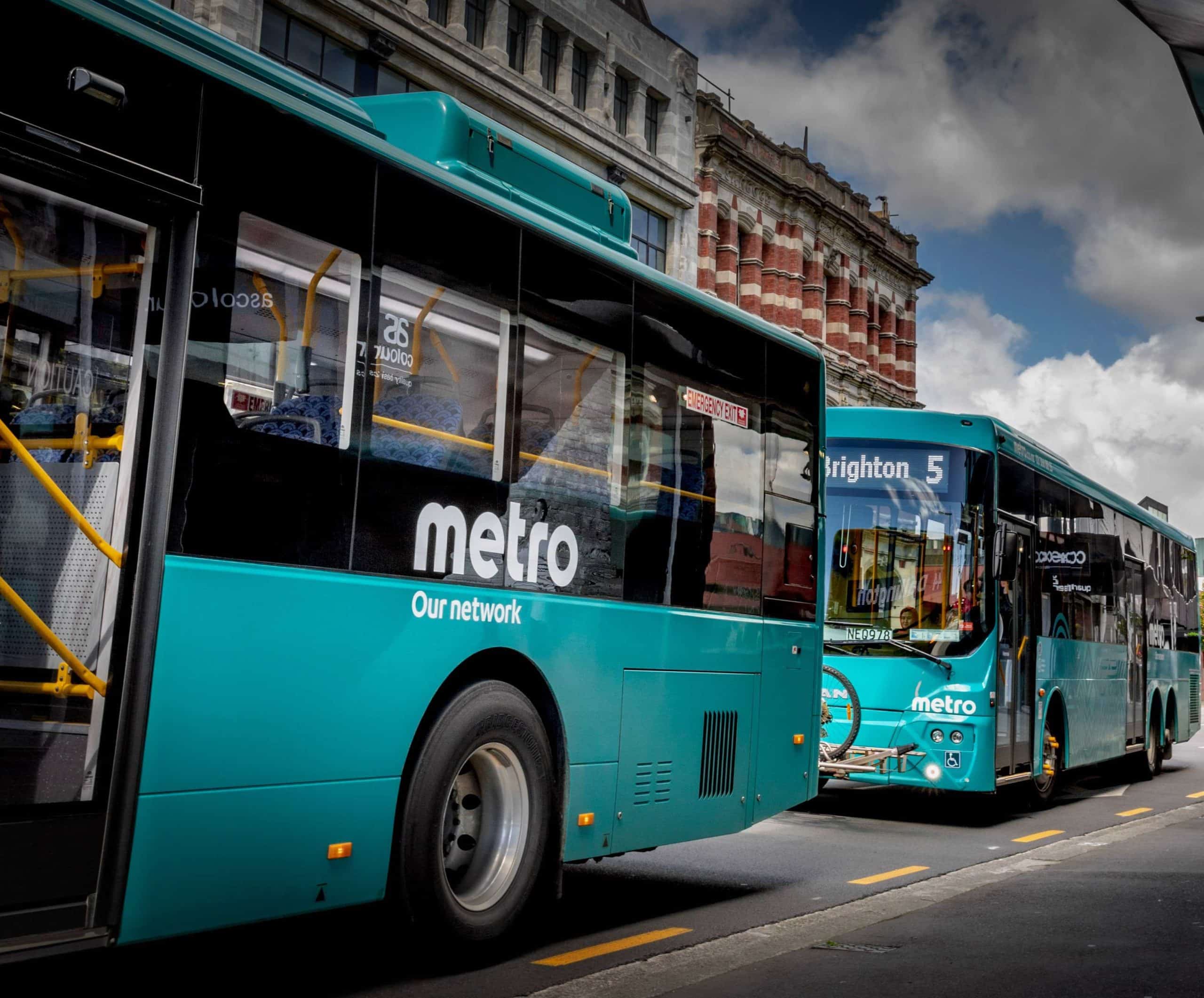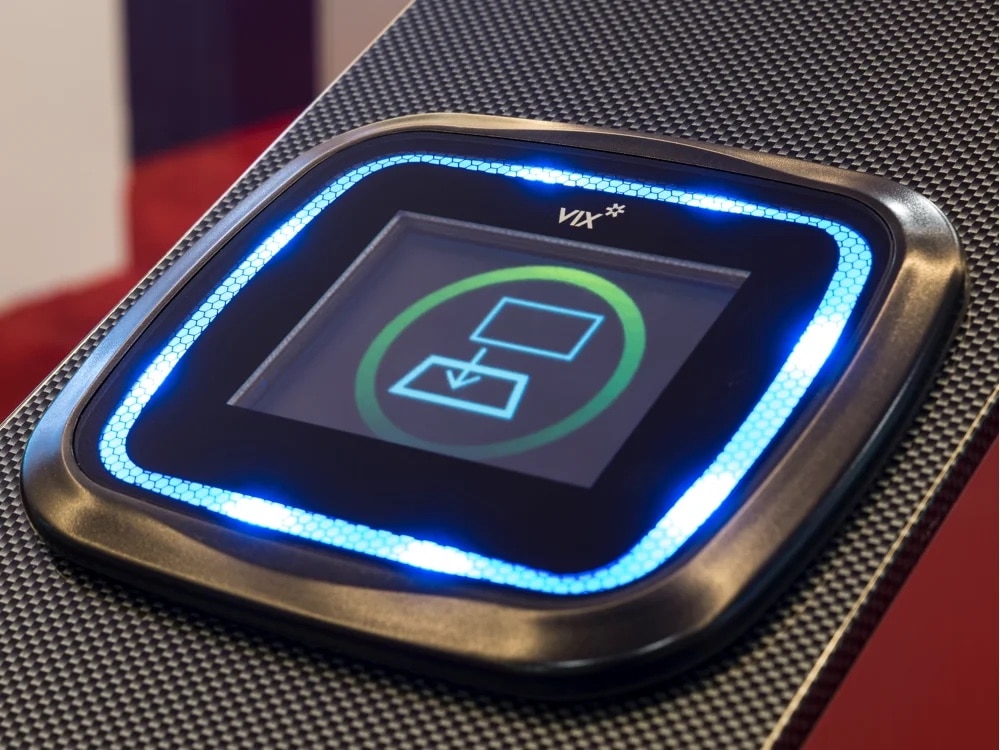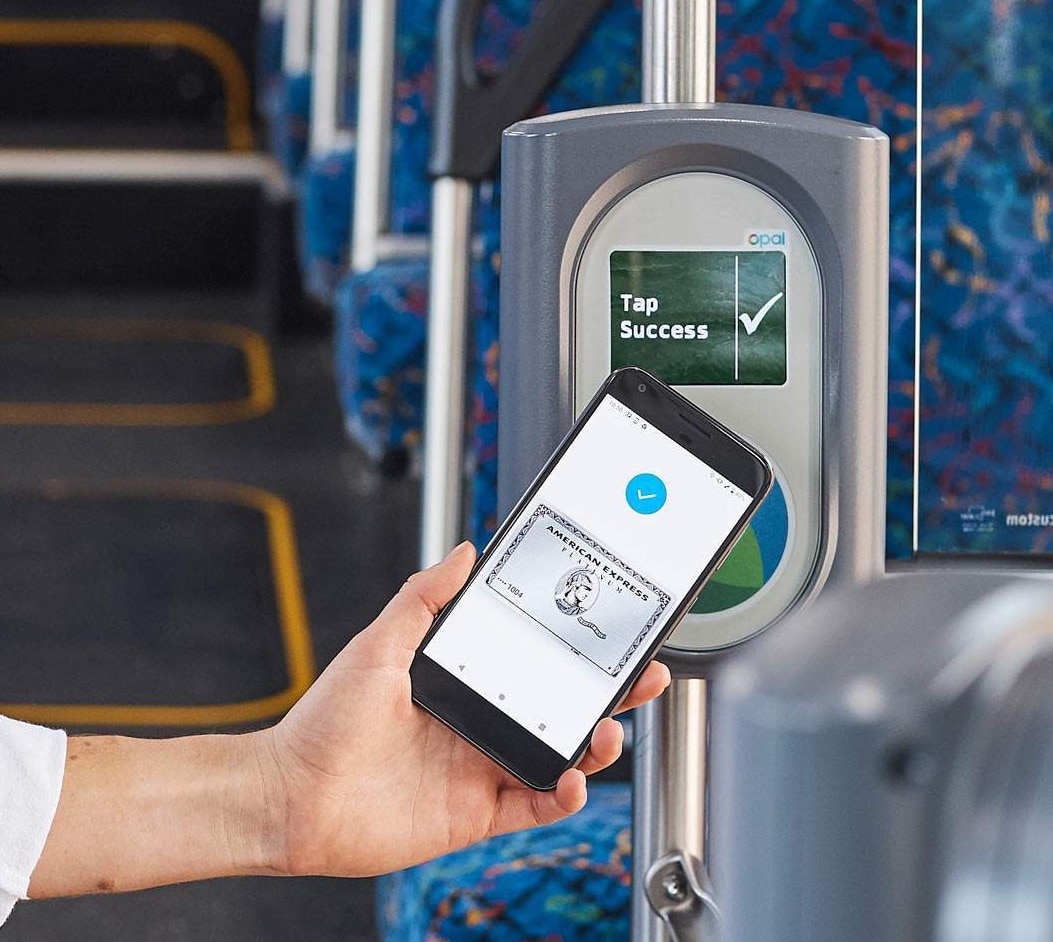
Article Highlights
Transport for London has launched its much-anticipated call for tenders to find the next vendor to run its fare-collection system–with the so-called “Project Proteus” expected to be one of the most expensive and complex fare-system contracts in play globally. The new contract will be worth up to £1.5 billion.
The contract will be worth up to of £1.5 billion (US$1.8 billion) over 12 years, including expected extensions.
Transport for London yesterday launched its much-anticipated call for tenders to find the next vendor to run its high-profile fare-collection system–with the so-called “Project Proteus” expected to be one of the most expensive and complex fare-system contracts now in play globally.







